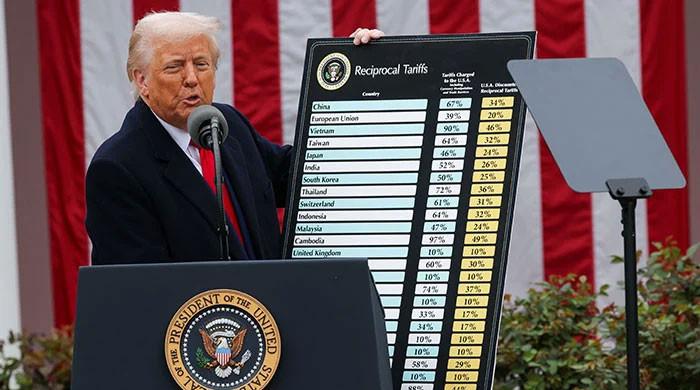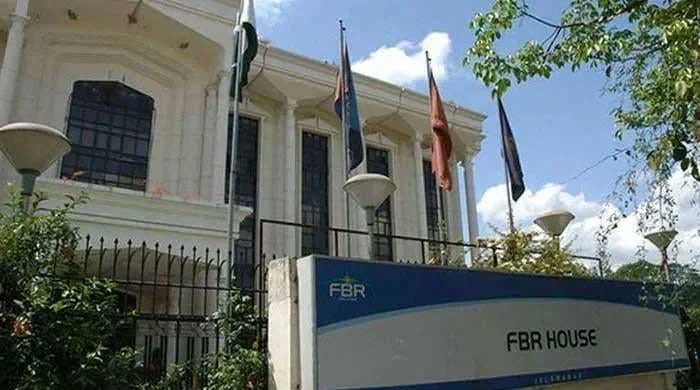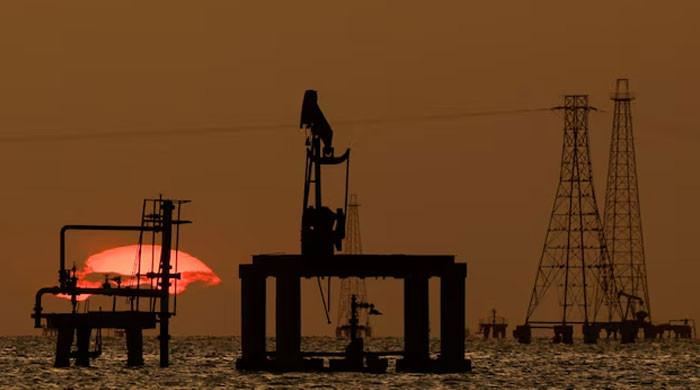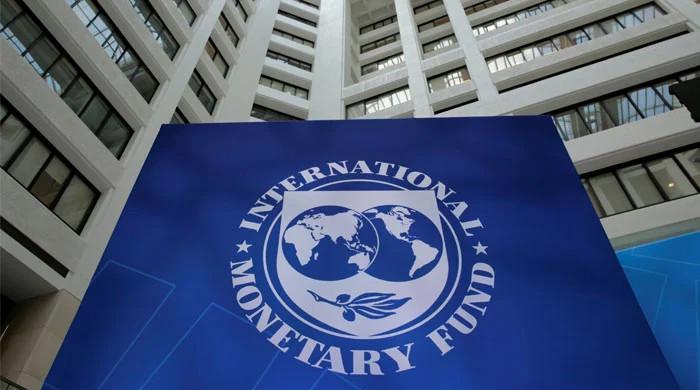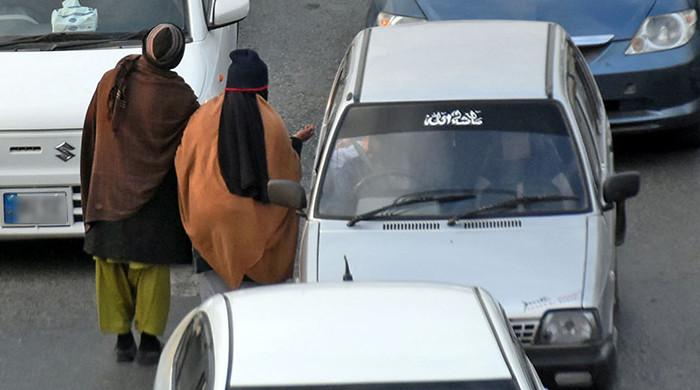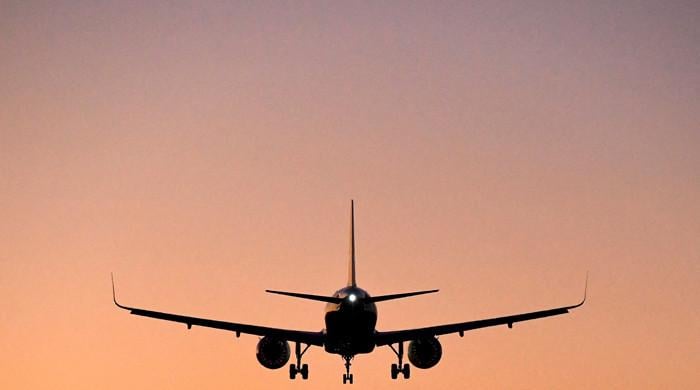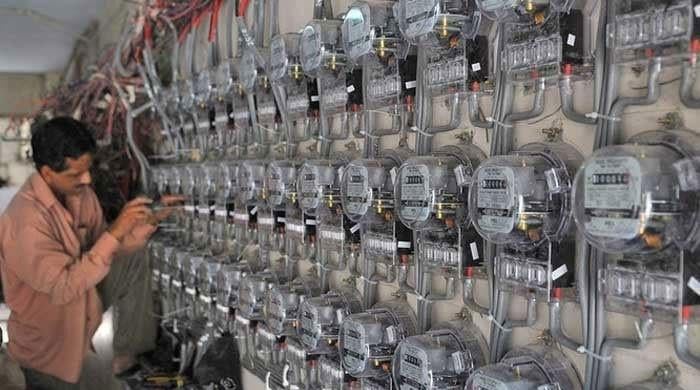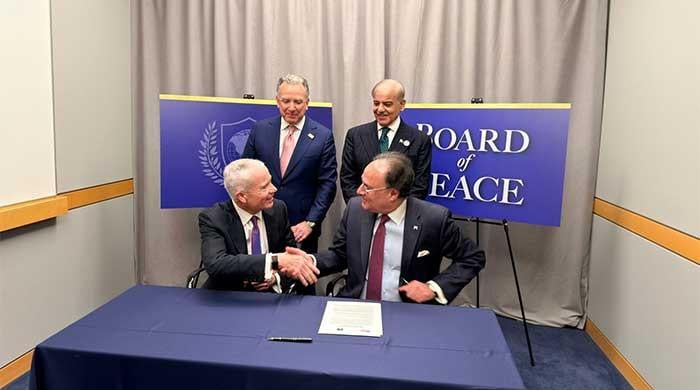Govt may have to raise power tariff considerably to revive IMF programme, officials say
With the power sector's circular debt ballooning out of control, the government is in a race against time to correct imbalances
July 31, 2020
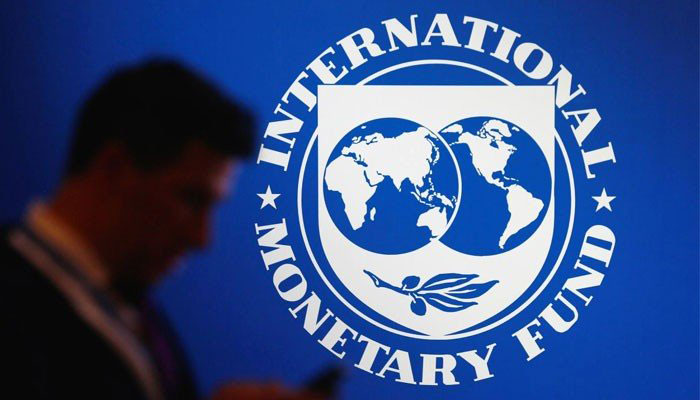
ISLAMABAD: The government may have to hike electricity tariffs considerably and come up with a comprehensive plan to correct imbalances in the power sector if it wants to erase circular debt and revive the stalled $6 billion International Monetary Fund (IMF) programme, The News reports.
Background discussions with top government functionaries as well as donors’ representatives in Islamabad revealed on Thursday that the power sector's woes cannot be minimised without undertaking comprehensive structural reforms.
“The patchwork cannot deliver anymore, so serious reforms are required to erase the monster of circular debt in a gradual but sustained manner,” they said.
Circular debt had already peaked to Rs2.2 trillion and grew at supersonic speed in the aftermath of the coronavirus outbreak. Now the government will have to take corrective measures to stop its accumulation because if it is not curtailed, there will be an addition of Rs500 billion to it in the current fiscal year.
"The status quo approach will provide no solution, so it is hoped that the government will come up with a viable plan to minimise both stocks and flows of this problem,” official sources said.
The Ministry of Finance had alerted Prime Minister Imran Khan about the problem after which the Subsidies Cell was established under the supervision of former secretary finance Dr Waqar Masood.
With a change of guard at the Power Division with the appointment of Omar Rasul, there is hope that the ministry will come up with a comprehensive plan and to implement it to come out from the increasing mess on cash bleeding power sector.
On the power tariff hike, there will be three heads coming under consideration, including fuel price adjustments (FPA), quarterly adjustments and new tariffs.
The rough estimates provided by officials suggested that the government would have to increase electricity tariff by around 30%.
"There is no alternative but to hike the tariff immediately because delays would escalate the requirement for increasing more prices of electricity," said an official.
The government has not yet passed on increased tariff to K-Electric consumers despite getting approval from the ECC. It was shocking for Adviser to PM on Finance Dr Abdul Hafeez Shaikh and his economic team that the ministers sitting in the ECC favoured the decision to pass on a raise in power tariff to consumers but they opposed it in the federal cabinet on political grounds.
A top official commented that the government would have to make up its mind whether decision making would be on economic grounds or if political consideration would be given top priority, because uncertainty would cause losses on both political and economic grounds.
When contacted, Dr Khaqan Najeeb, who had earlier served as an adviser to Ministry of Finance, said that the power sector's sustainability is a lifeline for the economy.
He said reducing line losses and increasing recoveries are a must which, if left unaddressed, can add Rs200 billion in FY-2021 to circular debt.
Besides, key issues of AJK and tribal districts power payments remain unsettled. Tax issues of uncollected GST and late payment surcharge payable on the whopping payables of around Rs1,200 billion will further aggravate circular debt levels.
Passing quarterly and yearly tariff in a staggered manner may be difficult but necessary, he added.
Dr Najeeb emphasised on a medium-term horizon commercial orientation of Discos (power distribution companies), generation mix management and increased supply are likely to help. Rs509 billion is owed by the private sector to the government in power payments and large numbers are running defaulters.
A change in law to declare non-payment as an offence as in the case of bounced bank cheques is the solution, he added.
Originally published in The News




